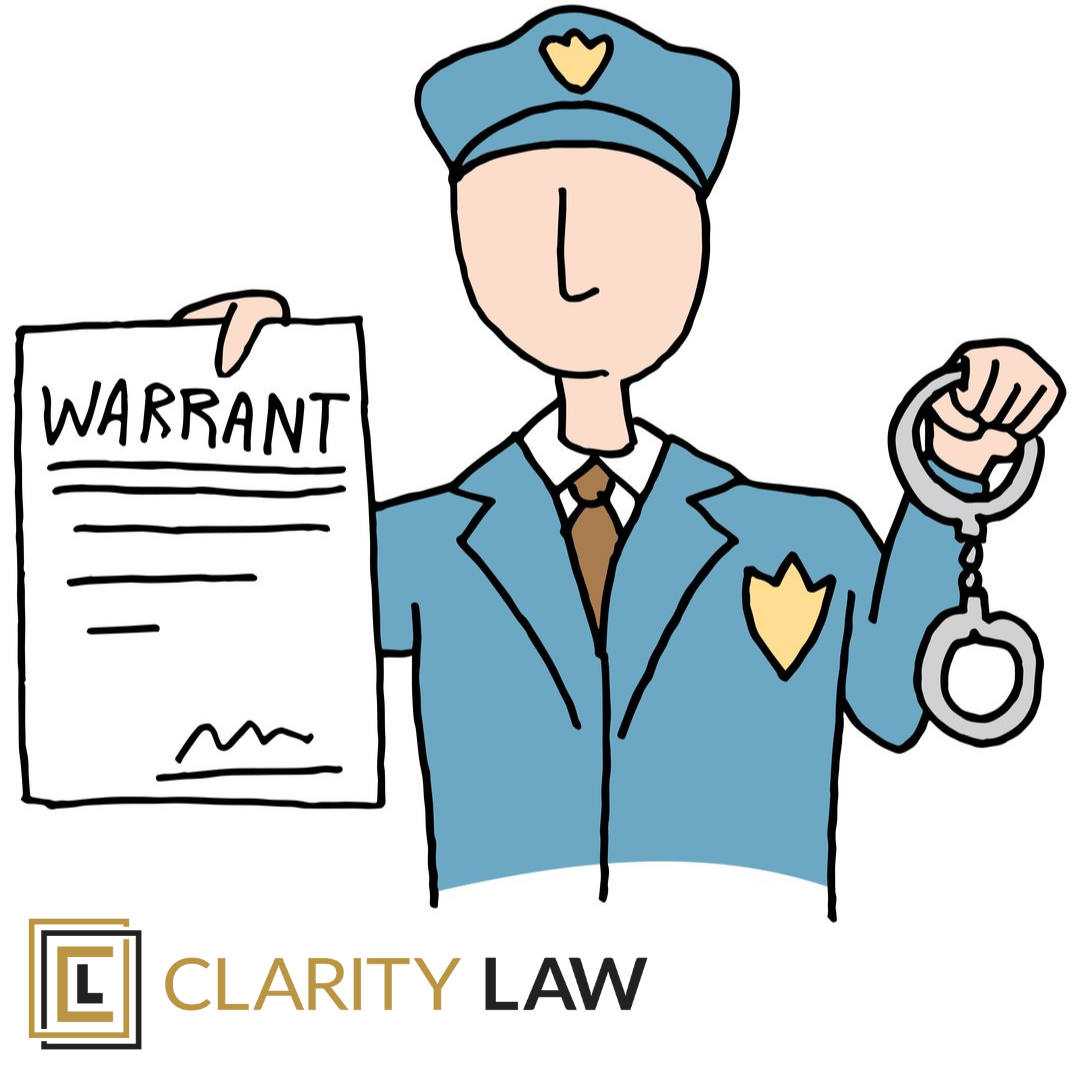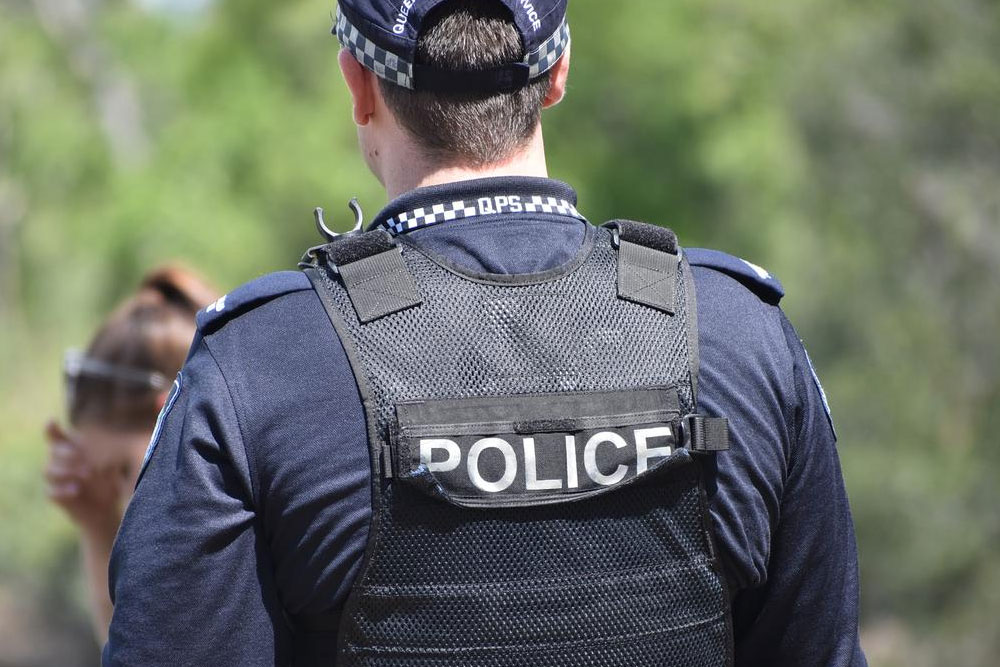
An arrest warrant is a warrant that is either applied for and obtained by the police or ordered by a justice (including a Justice of the Peace, Magistrate, Judge or Justice). It gives a member of the police the authority to detain the named person for the purpose of questioning or to charge a person with an offence.
If you have been arrested by the police for a fail to appear in court, then you are likely to be detained until you can be brought before a magistrate at the next available opportunity.
How do I know if a warrant has been issued?
Unfortunately, you generally will not know that an arrest warrant has been issued until you receive the knock on the door to execute the warrant or are pulled over by police and detained.
You may have some knowledge if an arrest warrant has been issued. If you realise you have missed a court date, then you will likely have a fail to attend and the Court more than likely has issued a warrant for your arrest. If this is the case, do not wait to be arrested, call a criminal lawyer who can give you advice on surrendering to the court.
What do I do if an arrest warrant is executed?
If the police execute an arrest warrant on you, you must remain calm and comply with the directions of the police officers. You do not have to say anything to them other than give your ‘identifying particulars’, however you need to follow their lawful directions – such as being fingerprinted or escorted back to the police station with them.
If you resist arrest or obstruct the police in the execution of a lawful arrest police can charge you with an offence.
It is best to comply with the execution of the warrant and engage with a criminal defence lawyer once you have been granted watchhouse bail or require a bail application in the Magistrates Court.
If you have been arrested, you still have rights. Steven Brough our founder has written an excellent article on what to do if you have been arrested here. Put simply, you have a right to silence but you are required to give your name, address and date of birth. It is the default position of most criminal defence lawyers that you do not participate in an electronic record of interview. If you have been asked to participate in an electronic record of interview, you may contact our office for advice.
What can I do if I think a warrant has been issued but before I’ve been arrested?
If you are going to surrender yourself to the court as the court has issued a warrant for your arrest, it is best to do this first thing in the morning as, if you attend late in the afternoon, you may be kept in the watchhouse overnight until the police and court can process you and allocate you a new court date. There is of course the risk that the police could arrest you if you wait and take you to the watchhouse overnight anyway.
You surrender yourself by appearing at the registry of the court you were allocated to attend. There you advise them that you missed your court date and need to surrender yourself. As both the court house and the Police are involved in the process it can be a lengthy period, taking on average 1-2 hours.
If you engage a lawyer to surrender you to the court, the process remains largely the same, with the exception that a lawyer will arrange with the court and police for the file to be brought before the court and can assist in providing an explanation as to why you failed to attend court.
We have a full article on what to do if you have missed your court date.

What can a lawyer do for me if a warrant is issued?
In short, with the exception of surrendering you to the court, there is not much a lawyer can do to stop a warrant being executed – that is not our role – if an arrest warrant is executed on you, you are within your rights to call a lawyer to get advice. A lawyer can be in attendance with you while you are being questioned by police however a lawyer becomes more and more relevant in the aftermath – whether that is helping you defend a charge or make a plea of guilty.
Conclusion
This article is by no means a comprehensive guide to arrest warrant and what you need to do when one has been issued. They are complex and powerful instruments which police utilise in the execution of their duties. A lawyer will become most relevant for you in the aftermath of the execution of a warrant, however your conduct during the execution will set the stage for that aftermath. Anything said during an interview can and will be used against you in court.
How do I get more information or engage Clarity Law to act for me?
If you want to engage us or just need further information or advice then you can either;
- Use our contact form and we will contact you by email or phone at a time that suits you
- Visit our website at www.claritylaw.com.au
- Book a time for us to call you
- Call us on 1300 952 255 seven days a week, 7am to 7pm
- Email our firms founder This email address is being protected from spambots. You need JavaScript enabled to view it.






